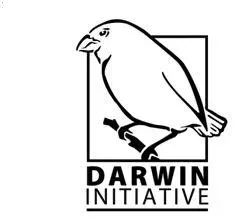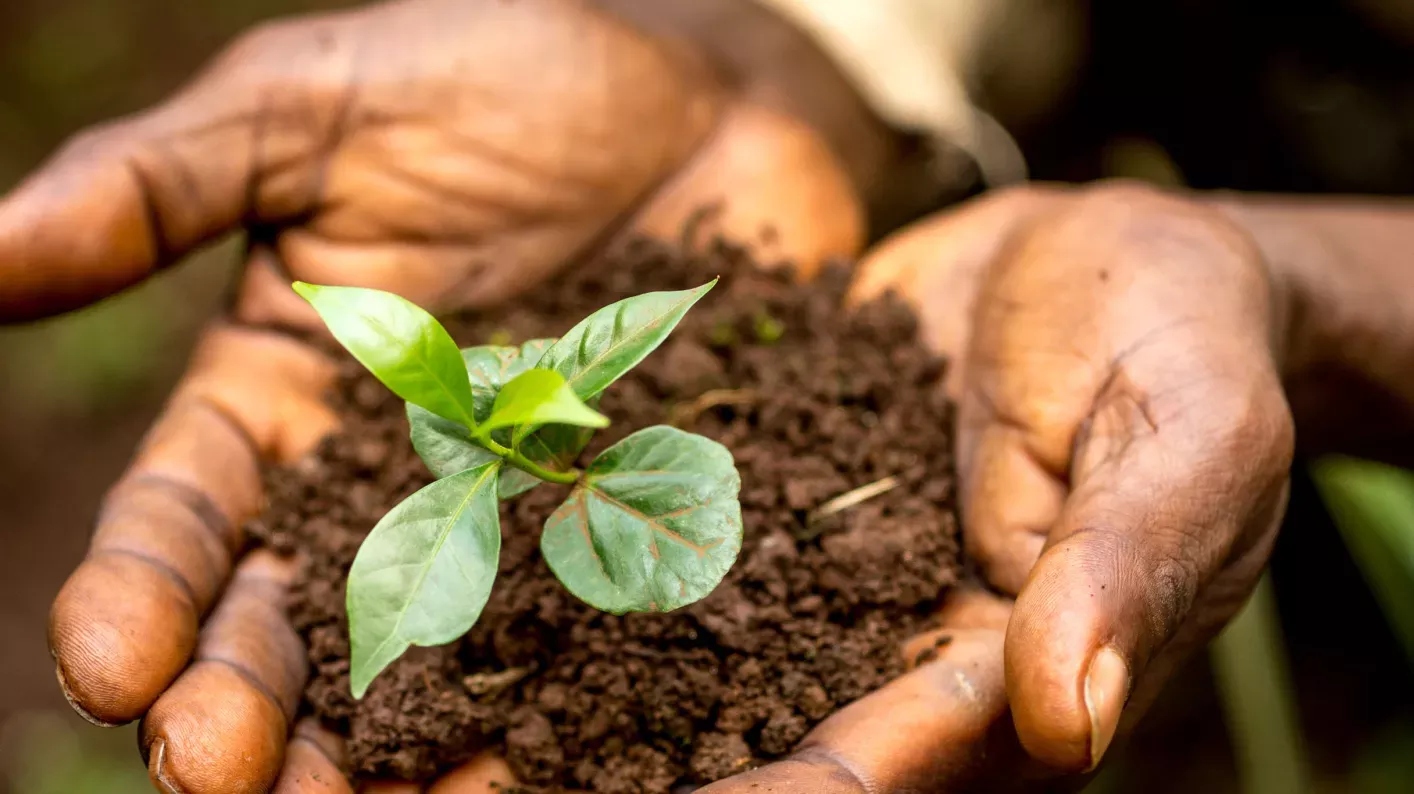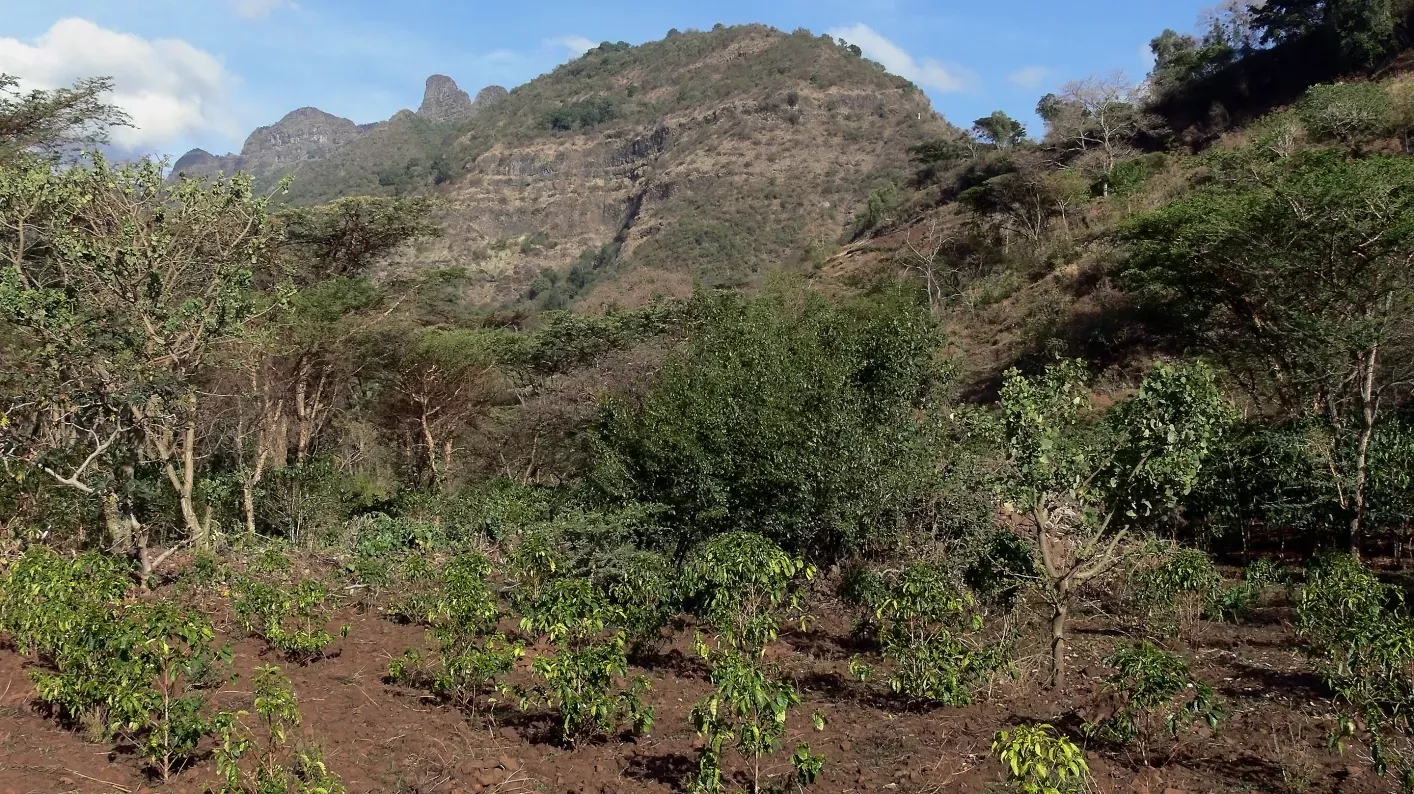
How growing, and drinking, coffee can help protect forests
A recent study has looked at the potential for income improvement and biodiversity conservation via specialty coffee.
Protect forests
Yayu Reserve covers 167,000 hectares and is home to around 450 higher plants, 50 mammal, 200 bird, and 20 amphibian species.
It is also an important storehouse of wild crop genetic resources, most notably for Arabica coffee (Coffea arabica).
Coffee farming occurs within the forests of the buffer zone and transition areas of the reserve, and generates up to 70% of the cash income for over 90% of the local population.
However, most farmers in the area are struggling to make sufficient income from coffee, which can cause a conversion away from forest-based coffee production to non-forest crops.
This leads to forest loss, a reduction in biodiversity and ecosystem services, and a narrowing of income diversity. The most important factors restricting coffee income at Yayu are coffee quality and access to the export market.
Kew is responsible for the organisation and day-to-day management of the project, science activities, and monitoring and evaluation. Environment and Coffee Forest Forum (ECFF) are the in-country project partners, undertaking management of the project in Ethiopia, and collaboration across the science activities.
The London-based coffee company Union Hand-Roasted Coffee (UHRC), in partnership with HiU Coffee (El Salvador and Panama) are responsible for providing training in coffee harvesting, post-harvest processing (including the installation equipment), cup evaluation and export logistics.
These activities take place across all five Yayu coffee cooperatives, with 950 members (about 5,000 household members).
UHRC provides access to export market for Yayu cooperatives, via direct-trade coffee purchasing, and (with HiU Coffee) assessment of coffee quality and market value. A socio-economist employed by UHRC is responsible for social and economic evaluation and monitoring.

In partnership with


A recent study has looked at the potential for income improvement and biodiversity conservation via specialty coffee.
Protect forests
A Kew project in Ethiopia has won an award from the Speciality Coffee Association (SCA).
Sustainability award
What might the threat of extinction mean for the future of coffee farming?
Coffee extinction threat
To provide a climate-resilient strategy for coffee production in Ethiopia.
Coffee economy
We often hear about the negative impacts of growing coffee, such as deforestation, non-recyclable paper cups and even enforced labour. Are there any positive benefits?
Conservation and climate resilienceSchuit et al. (2021)
PeerJ e10621